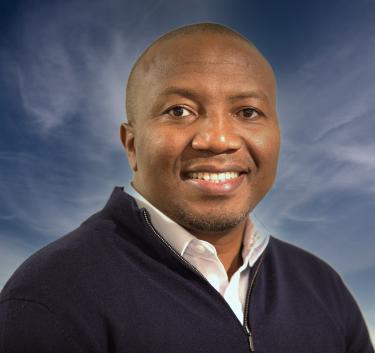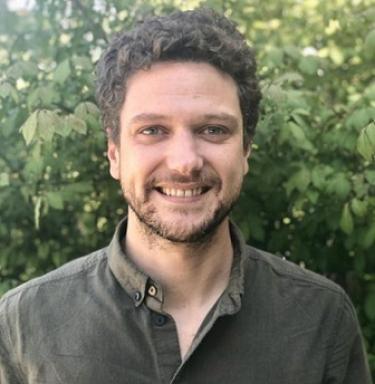Leadership
Leadership

Denis Muthike, PhD
Dr. Denis Muthike is an Assistant Research Professor and currently serves as the Interim Director of the Mortenson Center in Global Engineering & Resilience at University of Colorado Boulder. Dr. Muthike is a climate scientist whose work focuses on how hydro-climatological events affect communities and how data-driven tools can strengthen climate resilience.
With expertise in hydro-climatology, remote sensing and geospatial data science, he has developed innovative ways to integrate and analyze large, diverse datasets to guide decisions in vulnerable rural regions in the eastern and southern Africa region where he has led projects advancing food and water security. Dr. Muthike previously spent over a decade with NASA SERVIR in Kenya, where he trained hundreds of a broad range of professionals and mentored emerging climate scientists. His contributions have been recognized with multiple awards for global engineering, resilience, and mentorship
Laura MacDonald, PhD
Dr. Laura MacDonaldis the Managing Director of the Mortenson Center in Global Engineering & Resilience and the Global Engineering Residential Academic Program at the University of Colorado Boulder. In her role as Managing Director, Laura applies her depth of expertise in decentralized water treatment and breadth of experience in large-scale research project management to manage the Mortenson Center’s research program in Rwanda and to support the Mortenson Center’s broader research portfolio in sub-Saharan Africa and the western US.
Dr. MacDonald has worked to deepen her expertise in engineering education research as a co-Investigator on two US National Science Foundation-funded research projects, one focused on graduate education in Global Engineering and the other on inter-institutional collaboration for informal undergraduate engineering education.

Carlo Salvinelli, PhD
Dr. Carlo Salvinelli is an Associate Teaching Professor at the Mortenson Center in Global Engineering & Resilience where he teaches courses on sustainable community development, fieldwork methods for development engineers, and humanitarian response and disaster management.
Dr. Salvinelli spent six years working for international NGOs, especially in Central America, where he designed and implemented international development projects, facilitated international policy dialogues, and coordinated emergency response efforts. The projects he managed addressed key development challenges including water and sanitation access, rural electrification, development of income generating activities, natural resources management, and disaster risk reduction.

Adria Ryan
Adria Ryan is the Program Coordinator for the RAP (and head RAP-tor). She joined the RAP in its infancy and helped the first RAP director shape the community and bring engineers of all types together through their love of boardgames, Just Dance and candy. A Native Boulderite, Adria enjoys community building through projects, problem solving and making. She engages the RAP students in all of these things and also facilitates their interests in mentorship, cultural exchanges and professional development.

